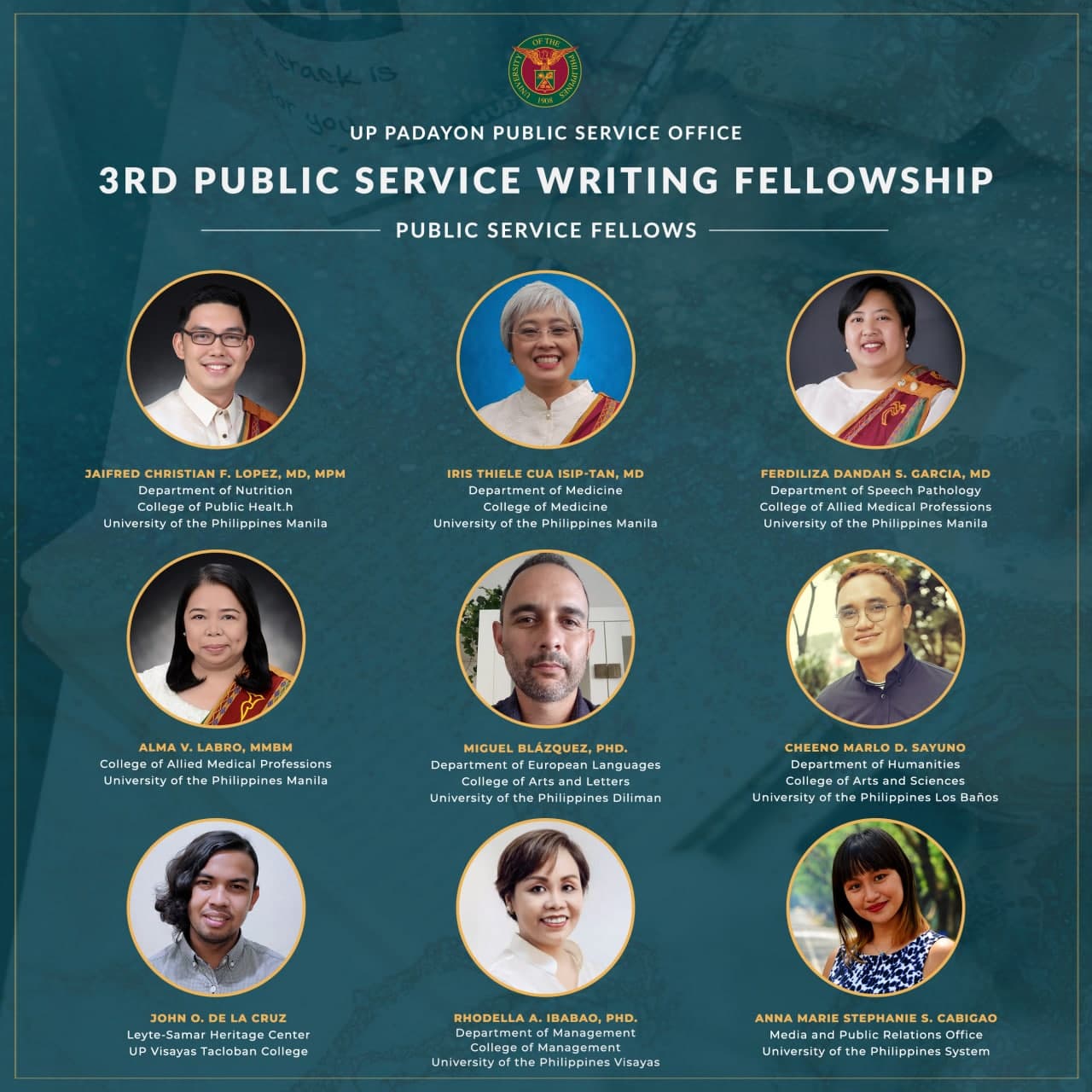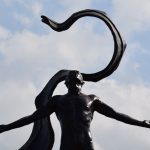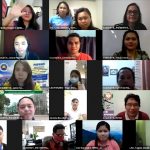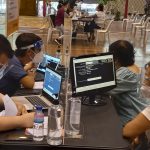The first session of SARAi “e.skwela sa CARAGA” was successfully held last July 2, 2021 via Zoom. Several agriculturists from City Agriculture Office of Bayugan and Municipal Agriculture Office of Las Nieves, and technical staff from DOST-CARAGA and Regional DA-ATI attended the event.
The said training started with a hearty welcome message from Mr. Ricardo N. Varela, Assistant Regional Director for Field Operations Division of the Department of Science and Technology Regional Office No. XIII (DOST-CARAGA).







